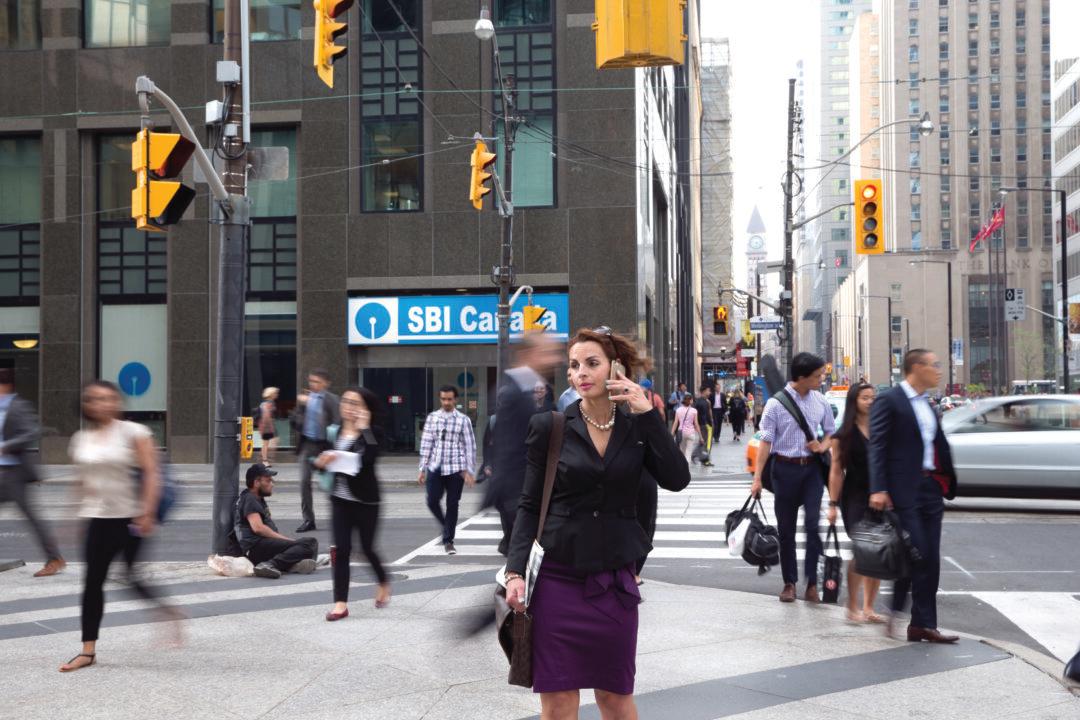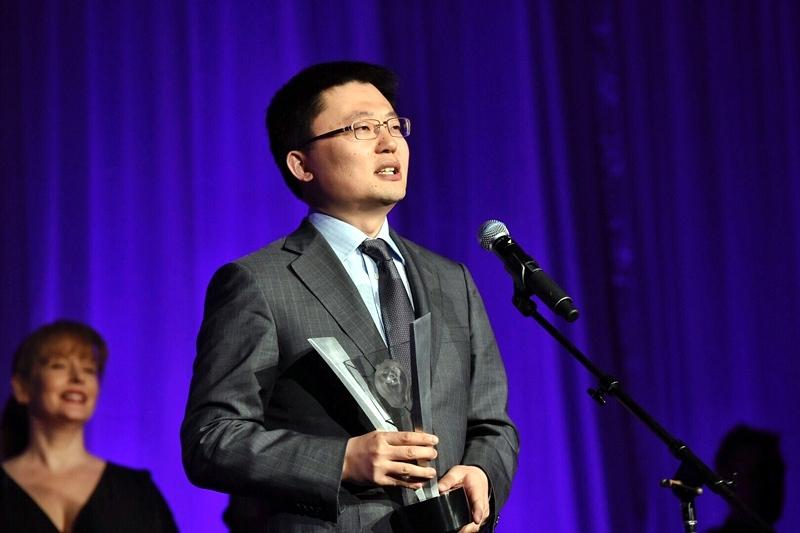You awake on a regular Tuesday morning, check the time, and realize you’ve overslept.
You were up late answering work emails in preparation for an important client meeting, which weighs heavily on your mind as you scramble to get the kids up, fed, and out the door to school.
Traffic is heavier than usual, making you later than you already are. Anxiety builds as you picture the look on your boss’s face when you arrive late for the most important meeting of the year. Then you remember: your daughter’s first dance recital is tonight! But you may have to work late due to the meeting, and you promised your elderly dad you'd drop by on your way home…
If this sounds familiar, you belong to the ranks of today’s busy people who are under pressure to “do it all.” It’s a way of living that has come under increased scrutiny, with some questioning how sustainable our 24/7 culture of “busyness” really is.
The modern-day reality of incessant busyness has come about for several reasons: more working mothers, single parent families, and dual-earner families, and emerging trends such as having to care for elderly parents. Globalization, technology, an aging population, and high unemployment have only served to exacerbate the situation.




